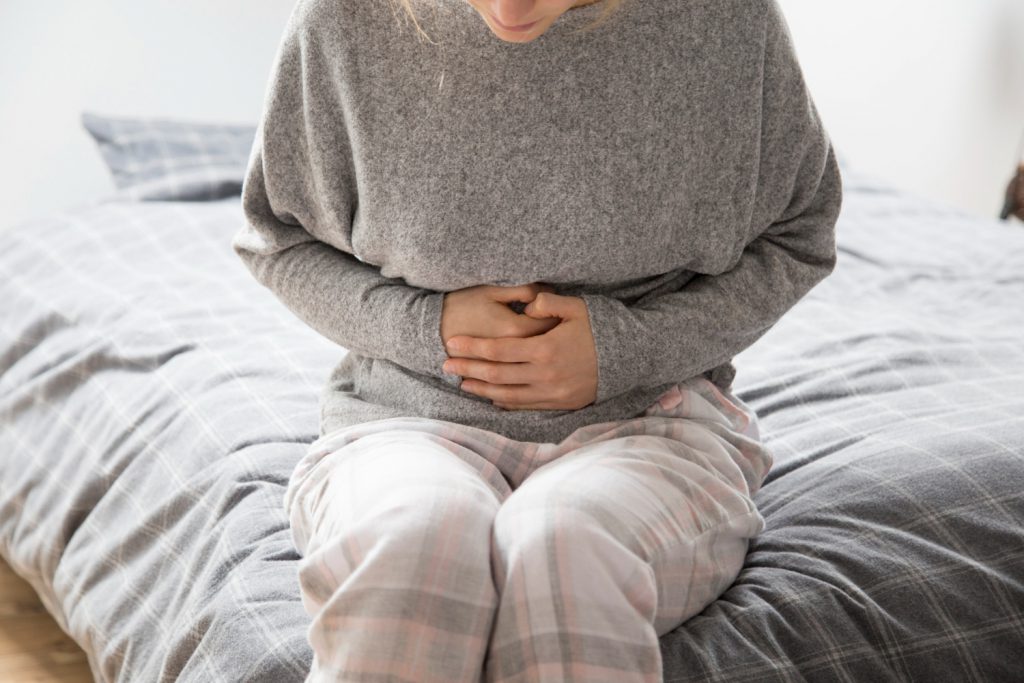Immune System
Immune System
It is well known that over 80% of immunity, or natural resistance, is determined in the gut. We are not aware of this, perhaps because we cannot see or experience our bowels. With resistance, we think more of the nasal, throat and respiratory tracts. And yet it is through our gastrointestinal tract that we come into contact with the outside world the most. The surface area of the gastrointestinal tract is many times larger than that of the skin and lungs combined (approximately the size of a tennis court). To protect all this from invaders, such as disease-causing bacteria, our defenses are needed. It is determined by white blood cells, among other things. Fortunately, we get help with this from bacteria, which do not harm us, but are even useful. All the gut bacteria together are called the gut flora. The ratio of potentially pathogenic to good bacteria determines whether or not our gut flora increases resistance.
As long as enough good bacteria are present in the gut flora, the bad ones have less chance to develop. In addition, there are many immune cells in your gut. Your gut flora and immune cells can affect each other. This interaction affects your defenses. For your immune system, it is important to have lots of good bacteria in your gut.
So for a well-functioning immune system, your surveillance system, the gut flora, must be well maintained. Hence, it is important to maintain the number of good bacteria. You can supplement them yourself with probiotics such as colostrum, among other things.
There are a lot of intestinal conditions where probiotics could be a solution. But unfortunately, there is not scientific evidence for all diseases that it actually works. The Stomach Liver Bowel Foundation and the Nutrition Center do agree that probiotics could work for disturbed intestinal flora. An excess of “bad bacteria” can cause you to suffer from diarrhea or constipation, for example. With a probiotic, you get back enough “good bacteria” to rebalance the intestinal flora.
Positive effects have been found in treatment of diarrhea with colostrum, in constipation and traveler’s diarrhea. Furthermore, it could be beneficial for such conditions as reduced resistance, allergies, fungal infections, the intestinal disease Colitis Ulcerosa and Crohn’s disease. It could also lower the risk of colon cancer. Much research has been done, but more studies are needed. So with one probiotic, you will not have all the health benefits described above. Also, efficacy may vary from person to person.

Balance
The gut flora can quickly become unbalanced without us even realizing it. Yet this can do enormous damage to your health. Gut flora can deteriorate due to:
- Not enough exercise
- Incorrect nutrition
- One-sided nutrition
- Alcohol and smoking
- Use of medication
- Stress
- Age
As one ages, the number of good bacteria in the intestines will also decrease. The elderly in particular then experience intestinal problems.
Tips
Here are some tips for keeping gut flora healthy:
- A good breakfast daily works wonders. Have bread and fruit.
- Eat a variety of foods. That way, you get enough vitamins.
- Eat enough fiber each day. For an adult, this is 30 grams.
- Drink at least 1.5 liters of fluids per day.
- Exercise at least half an hour a day.
- Take adequate rest.
- If you need to go to the bathroom don’t put it off too long.
- Use laxatives only if your doctor prescribes it.
- Try to use medication that is not bad for the bowels. Consult your doctor or pharmacist.
Consult these tips and your gut will surely be in good shape. You can also check with your doctor about what is right for your gut. Cleansing the bowels is also sometimes good. Special agents are available for this purpose.
A dietary supplement can have a supportive effect on your health, but it is never a replacement for a healthy lifestyle.
